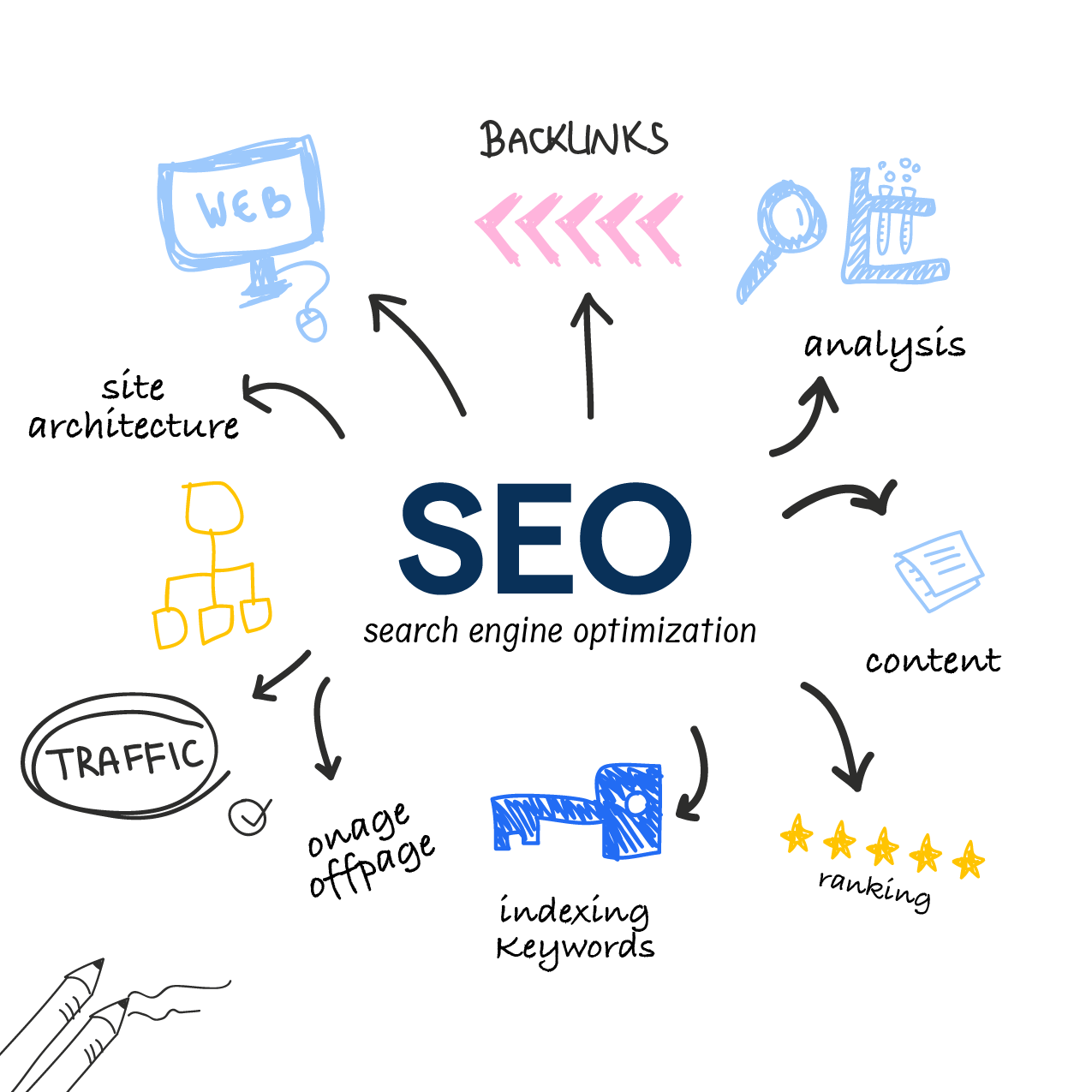What is SEO?
Search Engine Optimization (SEO) is the practice of enhancing a website and its content to improve its visibility in search engine rankings.
The goal is to reach the top of search engine results pages (SERPs), specifically on Google, Bing, and Yahoo, among others, when users input certain keywords.
Improved visibility leads to increased website traffic, which can contribute to different goals such as brand awareness, higher sales, or more subscribers.
SEO involves various techniques, from keyword integration, sitemaps creation, and meta tags to link building and producing high-quality, engaging content, to name a few.
Why is SEO Important?
SEO is critical for several reasons:
- Visibility: With billions of searches conducted each day, ranking high in SERPs can significantly increase your brand's visibility.
- Credibility and Trust: Users tend to trust search engines. Therefore, ranking high in search results can enhance your brand's credibility.
- User Experience: Good SEO involves improving site speed, ensuring mobile-friendliness, and creating easy-to-navigate websites, all contributing to a better user experience.
- Increased Traffic and Conversions: More visibility leads to more site traffic. If you’ve optimized your website correctly, these visitors are more likely to convert.
- Competitive Advantage: Given the benefits of high rankings, companies invest in SEO, making it a must-have strategy to outperform competitors.
Who Needs SEO?
Essentially, any organization with a digital presence can benefit from SEO:
- Small Businesses and Start-ups: For small companies and start-ups, SEO can help increase visibility and compete with bigger players.
- Service Providers: Service-focused businesses can use local SEO strategies to rank high in search results within their specific region.
- Bloggers/Content Creators: Bloggers and creators need SEO to ensure their content reaches the widest possible audience.
- E-commerce Companies: These businesses largely rely on SEO to drive traffic to their product pages and convert visitors into customers.
When Should You Use SEO?
SEO is not a one-time effort; it's an ongoing strategy. Here’s when it comes into play:
- Website Design: SEO should be a consideration from the initial stages of website design, ensuring the site's structure and pages are optimized for search engines.
- Content Creation: Every time you create content, integrating relevant keywords, creating meta descriptions, and optimizing media should be priorities.
- Website Updates: Whenever you update your website or make changes to existing content, ensure the alterations align with your SEO strategy.
- Monitoring and Tweaking: SEO requires regular monitoring of website performance and making necessary adjustments based on data from analytics.
Essential SEO Terminology
Here are some of the key terminologies necessary to understand the world of SEO.
Algorithms
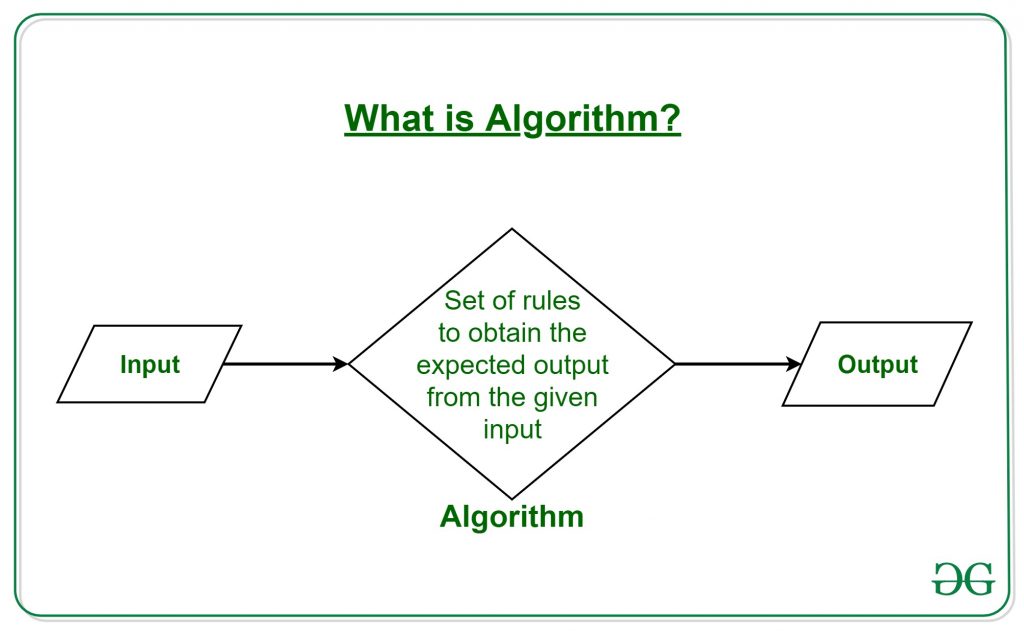
Algorithms in the context of SEO refer to the complex systems that search engines use to retrieve data from their index and instantly deliver the best possible results for a query.
Crawlers
Also known as robots or spiders, these are automated software programs that search engines use to scan or 'crawl' websites on the internet, collect information, and create an index.
Index
The index is the database where all the information gathered by the crawlers is stored. When a search query is made, the search engine pulls out the relevant information from this index.
Keywords
Keywords are critical in SEO. They are words or phrases that users enter into search engines when looking for information or services.
Your goal with SEO is to rank at the top of search engine results for your defined keywords.
Metrics and Analytics
Understanding metrics and analytics is key to measuring the success of your SEO efforts.
Organic Traffic
Organic traffic is the number of visitors reaching your website as a result of unpaid search results. More organic traffic generally suggests better website health.
Suggested Reading:
Improving Search Engine Algorithms with NLP
Bounce Rate
The bounce rate is the percentage of visitors who leave your website after viewing only one page. A high bounce rate may indicate poor user experience or irrelevant content.
Click-Through Rate (CTR)
CTR is the percentage of people who click on your website link out of the total number who see it. It’s a vital metric to monitor within your SEO dashboard.
Conversion Rate
The conversion rate is the percentage of visitors who complete a desired action on your site. This could include making a purchase, subscribing to a newsletter, or filling out a form.
Fundamental SEO Strategies
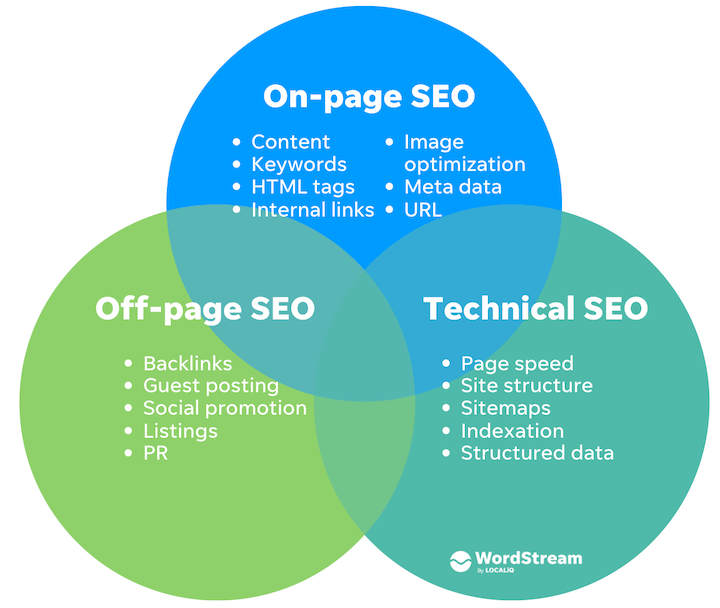
Successful SEO requires a strategic approach. Let's delve into some of the underlying schemes that should guide your SEO strategy.
On-Page SEO
On-Page SEO refers to techniques you can apply to your website's individual pages to improve their search engine rankings, such as optimizing content, HTML code, and metadata.
Off-Page SEO
Off-page SEO refers to activities you can perform outside the boundaries of your website to improve its search engine rankings, such as backlink building and social media marketing.
Local SEO
Local SEO is all about increasing search visibility for businesses that serve their communities face-to-face, such as brick-and-mortar stores or service-area businesses.
Technical SEO
Technical SEO involves improving the technical aspects of a website—like site speed or mobile-friendliness—to increase its visibility in search engines. It's worth doing a quick check for free via SE Ranking to see where your site currently stands.
SEO Content Marketing
High-quality content is at the core of a successful SEO campaign. Here's what you need to keep in mind.
Content Optimization
Content optimization involves making your website's content more attractive, useful, and actionable to users, leading to higher search engine rankings.
Keyword Research
Keyword research is the process of finding and analyzing search words that people enter into search engines with the goal of using that data for specific purposes, frequently for SEO or general marketing.
Long-Tail Keywords
Long-tail keywords are very targeted search phrases that typically have low search volume and competition but higher conversion rates due to their specificity.
Suggested reading:
Keyword Density: Formula, Factors, Myths & Key Tips
Content Strategy
A content strategy is the ongoing process of transforming business objectives and goals into a plan that uses content as a primary means of achieving those goals.
Keyword Research in SEO
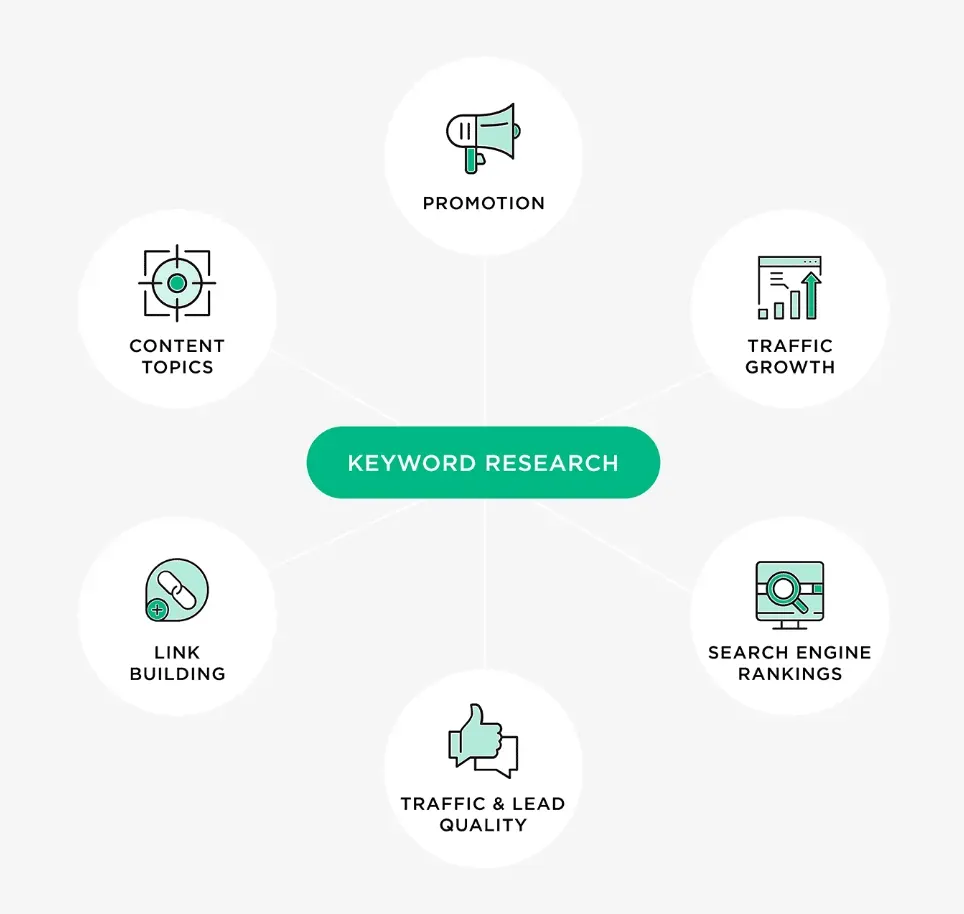
Keywords play a central role in SEO; they are the terms that users enter into search engines. Your SEO efforts largely depend on how well you’ve implemented and targeted these keywords.
- Importance of Keywords: Using the right keywords is central to SEO. It's important to understand what search terms potential viewers might use when looking for products or services like yours.
- Long-Tail Keywords: Long-tail keywords are longer and more specific keyword phrases that visitors are more likely to use when they’re closer to a point of purchase or when using voice search.
- Keyword Optimization: Keyword optimization (also known as keyword targeting) is the act of researching, analyzing, and selecting the best possible keywords to drive qualified traffic from search engines to your website.
- Google Keyword Planner: Google Keyword Planner is a tool that generates keyword ideas and helps advertisers create new Search Network campaigns. It's also useful to website owners for keyword SEO research.
On-Page SEO
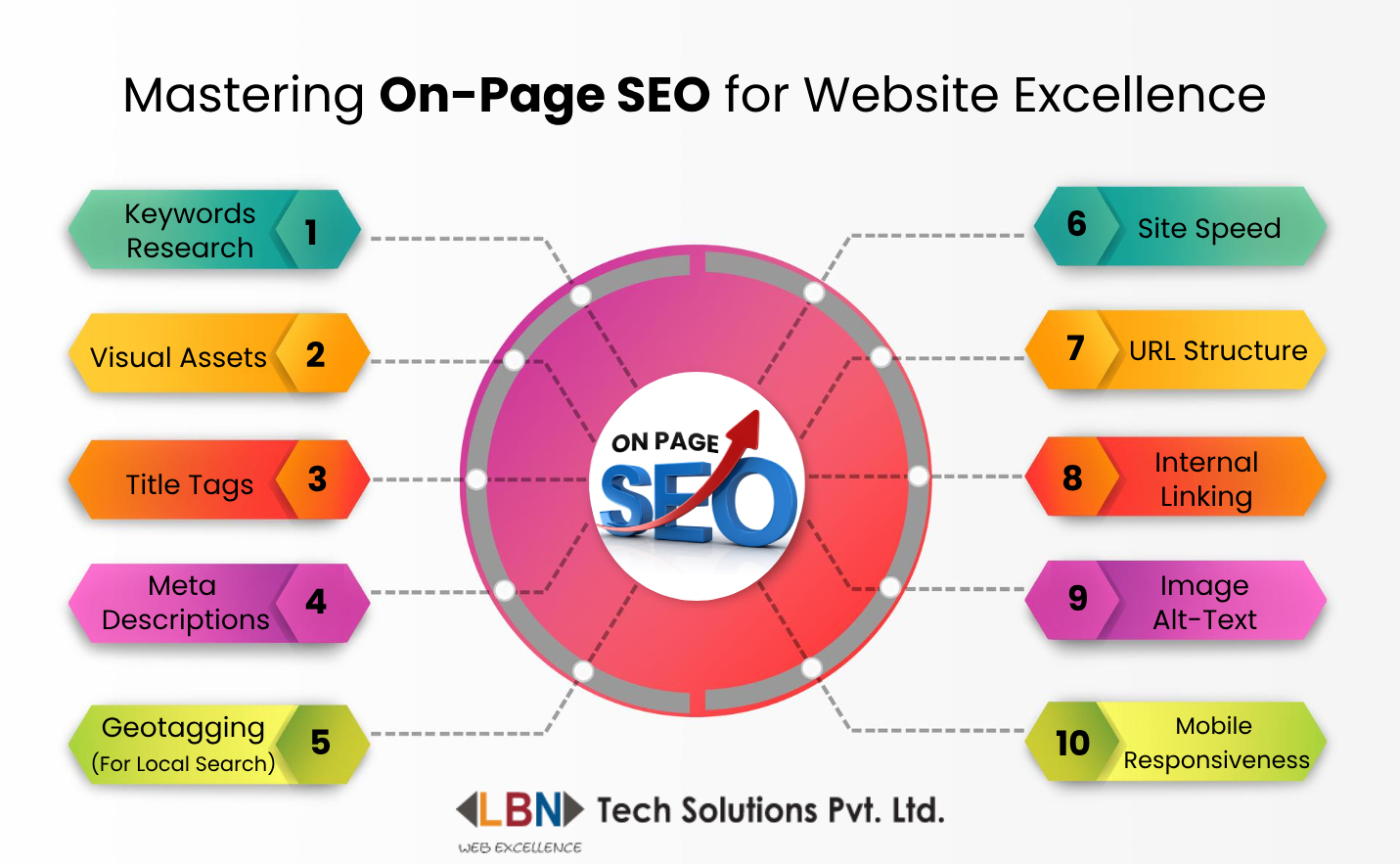
On-Page SEO is the practice of optimizing individual web pages in order to rank higher and earn more relevant traffic in search engines.
On-page refers to both the content and HTML source code of a page that can be optimized.
Title Tags
An HTML tag that exists in the head section of each webpage, title tags provide an initial clue or context as to what the topical subject matter of the respective page is.
Meta Descriptions
A meta description is an HTML tag used to describe the content of a web page. It's important for SEO because Google might use them as snippets for your pages in the SERPs.
Image Alt Text
Image Alt Text provides better image context/descriptions to search engine crawlers, helping them to index an image properly. It improves website accessibility for people with poor vision or those using screen readers.
URL Structure
A good URL structure can help both search engines and users read and understand a URL, which can result in improved user experience and better search ranking.
Off-Page SEO
Off-page SEO involves actions taken outside of your own website to affect your rankings within search engine results pages. It's as important as on-page SEO and needs a consistent approach.
- Backlinks: Backlinks, or inbound links, are created when one website links to another. High-quality backlinks can help to increase a site's ranking position and visibility in search engine results. However, acquiring quality backlinks is not an easy task, This is why many companies and brands use automation tools to facilitate the process.
Automation helps streamline the process by quickly identifying relevant websites, tracking outreach efforts, and ensuring consistency in link-building strategies. For example, Linkee AI link building software is a great option which automates the acquisition of high-quality backlinks. By implementing such tools businesses can focus on other aspects of their SEO efforts while improving their online visibility.
- Social Media Engagement: While social media is not a direct SEO ranking factor, one can use social media to amplify the content exposed to a wider audience, increasing the chance of earning backlinks.
- Guest Blogging: Guest blogging, or guest posting, is the act of writing content for another company's website. It's a useful way to connect with new readers and get your name out while impacting your SEO.
- Influencer Outreach: By creating relationships with influencers in your industry, you may get noticed by a larger audience. This could result in increased links back to your site, boosting your SEO efforts.
Mobile SEO
With an exponential increase in smartphone usage, mobile SEO has become indispensable. It ensures that mobile users have an optimal experience when visiting your site.
Responsive Design
A responsive design allows your site to automatically adjust for different screen sizes and viewports.
This design is crucial to provide a seamless user experience across various devices, indirectly helping your SEO.
Mobile-Friendly Site
Google operates mobile-first indexing, which means Google predominantly uses the mobile version of the content for indexing and ranking.
Having a mobile-friendly website boosts your ranking in mobile search results.
Page Speed
Page speed is a direct ranking factor, a fact known even more since Google's Algorithm Speed Update.
However, speed can also affect rankings indirectly by increasing the bounce rate.
AMP
Accelerated Mobile Pages (AMP) is a project from Google designed to make fast mobile pages.
It's a way to build web pages for static content that render quickly, helping to improve user experience and SEO.
Local SEO
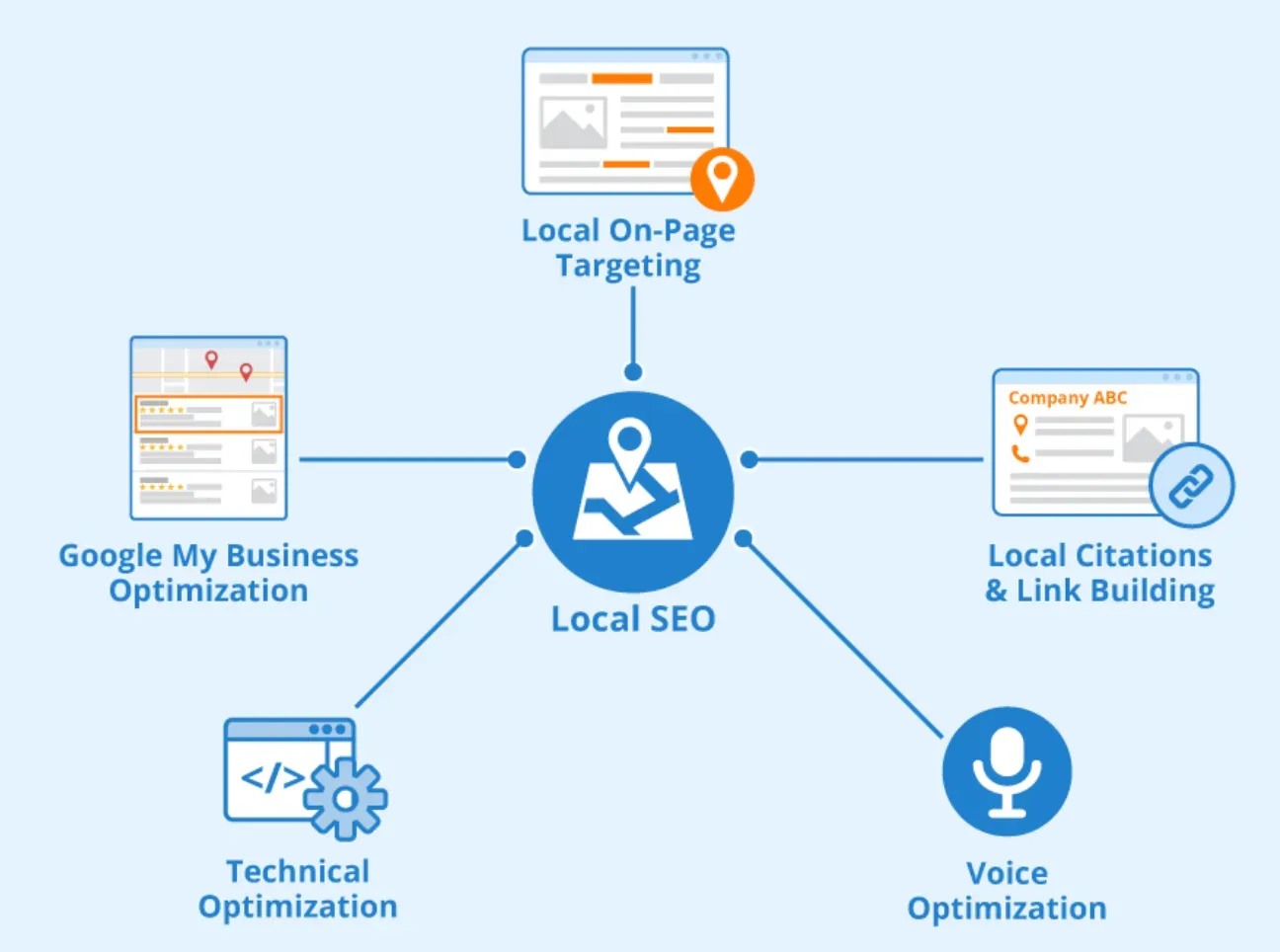
Local SEO is about optimizing a website to increase traffic, leads, and brand awareness from local searches. It's an effective way to market your local business online.
Google My Business
Google My Business is a free tool that allows small businesses to manage how their business appears on Google Maps and Google Search. It's an important tool to elevate your local SEO strategy.
Local Citations
A local citation is any online mention of the name, address, and phone number of a local business. Citations help Internet users discover local businesses and can also impact local search engine rankings.
Reviews and Ratings
User reviews can be powerful for SEO. A high quantity of reviews can make your business appear more prominent in local search results. They can also encourage more users to visit your site or location.
Location-Specific Content
Creating location-specific pages or content is a great way of connecting with local customers. These pages can serve localized content about your business, products, or services to the local audience.
SEO Tools and Platforms
A range of tools and platforms can lighten your SEO workload. Understanding their roles and importance is key to maximizing their advantages.
Google Analytics
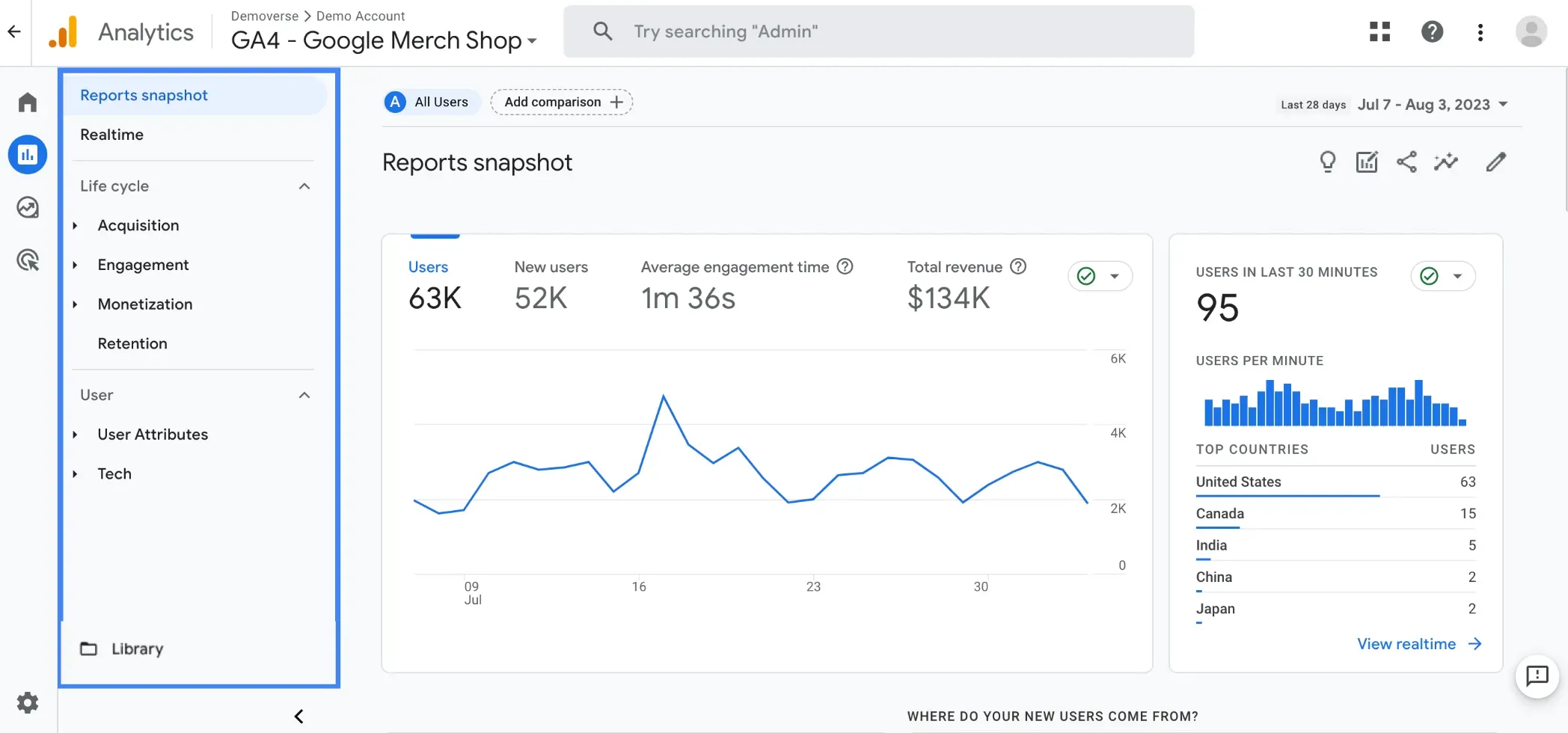
Google Analytics is crucial for understanding the effectiveness of your SEO efforts. It provides deep insights into your website's visitors and their behaviors.
SEO Plugins
SEO plugins, like Yoast for WordPress, help make your website more SEO-friendly. They assist with tasks such as creating metadata, sitemaps, and optimizing content.
Google Search Console
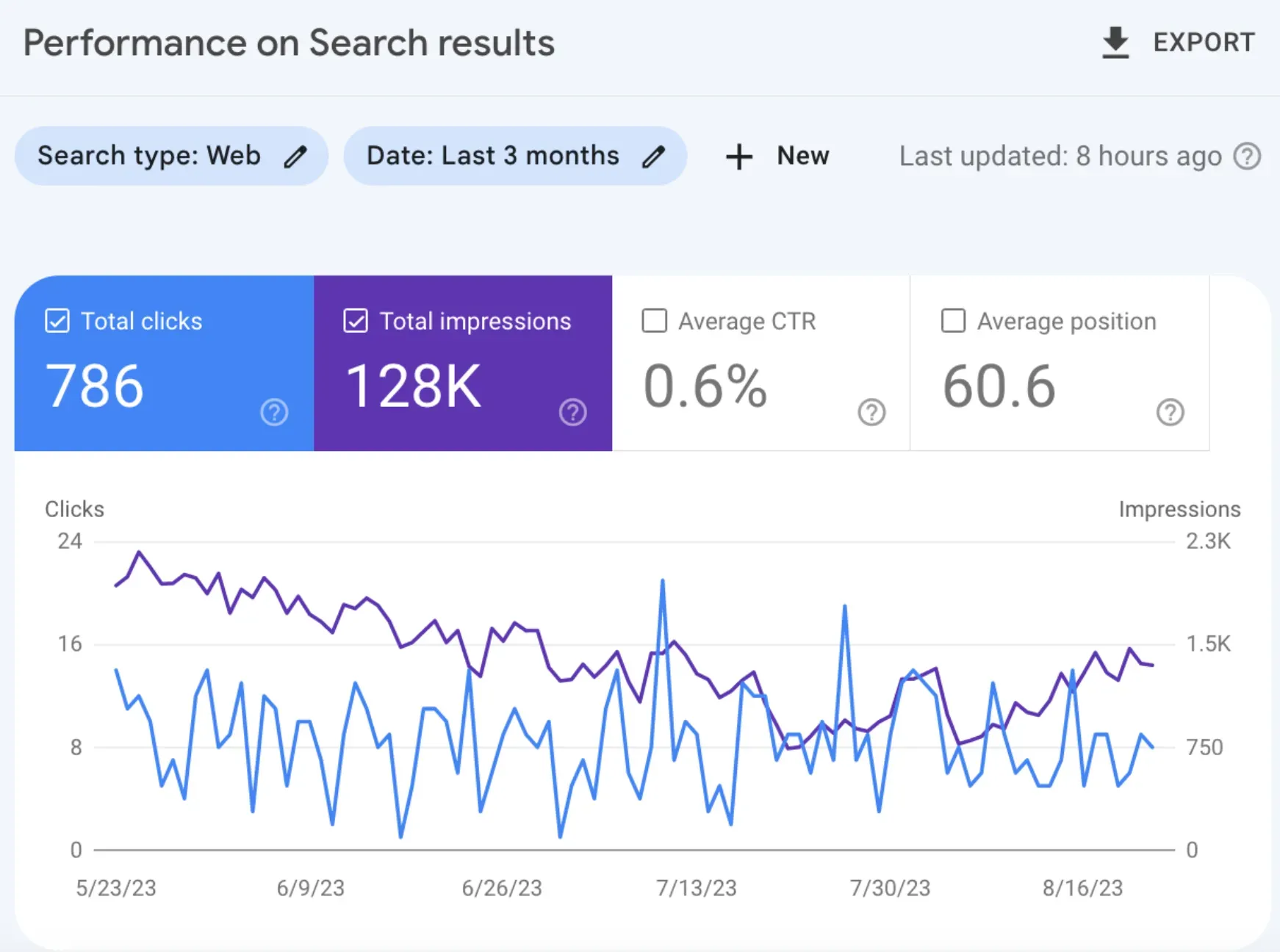
Google Search Console is a free tool provided by Google to help website owners monitor and maintain their site's presence in Google search results.
Keyword Tools
Keyword tools, such as Google Keyword Planner or SEMrush, help you find keywords with the right balance of search volume and competitiveness for your content.
SEO Penalties
Failure to comply with search engine guidelines can result in penalties. It's crucial to understand these and how to prevent them.
- Google Penalties: Google penalties occur when a website violates one or more of Google's Webmaster Guidelines, which results in a drop in rankings or even removal from search results.
- Penguin: Penguin is a Google algorithm update aimed at decreasing search engine rankings of websites that violate Google’s Webmaster Guidelines by using black-hat SEO techniques.
- Panda: Panda, another Google algorithm update, is designed to lower the rank of "low-quality sites" or "thin sites" and return higher-quality sites near the top of the search results.
- Manual Actions: Manual Actions are human-induced adjustments in a site’s ranking or complete removal from Google's index due to violations of Google’s Webmaster Quality Guidelines.
- E-E-A-T: E-E-A-T stands for “Experience, Expertise, Authoritativeness, and Trustworthiness.”—four aspects that Google uses to measure how much trust it should place in a brand or website, gaining more prominence in the future.
Latest SEO Practices For Higher Rankings
Here are the best practices that you can use to rank higher and get more traffic on your website. Go over them in detail.
Utilize Keywords in the Right Places
Place your primary keywords in crucial spots on your webpage, like the title tag, URL, and within the first 100 words of your content.
This helps search engines understand your content's focus and rank it accordingly.
Improve User Engagement
Keep users on your site longer by making your content easier to read with subheadings and bullet points.
Engaging content helps reduce bounce rates and sends positive signals to search engines, improving your rankings.
Harness "Suggest" Keywords
Find long-tail keywords by leveraging suggest features from platforms like Google, Wikipedia, and YouTube.
These suggestions can provide unique keyword ideas to improve your content's search engine visibility.
Remove Zombie Pages
Eliminate low-quality content or pages that don't generate traffic, as they can negatively affect your website's overall ranking. Google prefers one solid page over multiple low-quality pages.
Conduct Industry Studies
Original research, such as industry surveys, can generate backlinks and mentions from authority websites. This improves your site's SEO and even attracts traffic from social media and press mentions.
Add Related Keywords
Use synonyms and related terms along with your primary keyword. Google's Hummingbird update recognizes variations of keywords, improving your content's relevance and ranking.
Include Text with Visuals
Add text descriptions for visual content like infographics and videos to help search engines understand the content's context, securing better rankings.
Update Outdated Content
Revamp old content on your website by adding new data, visuals, or restructuring the layout. Updating content helps in improving its relevance and ranking on search engines.
Boost Your Website's Speed
Optimize your website's loading speed by eliminating any elements (such as unnecessary scripts) that slow it down.
A faster-loading site provides a better user experience and ranks higher on search engines.
Leverage Google Search Console
Use Google Search Console to see which pages and keywords drive the most traffic to your site.
This can help you find opportunities for optimizing existing content and improve your overall ranking.
Frequently Asked Questions (FAQs)
How long does it take to see SEO results?
Typically, you can start seeing improvements within a few months, but long-term results require continuous effort and patience.
What is the difference between on-page and off-page SEO?
On-page SEO refers to optimizing your website content and structure, while off-page SEO focuses on building external links and boosting your online reputation.
What is keyword research and why is it important for SEO?
Keyword research involves finding the most relevant and effective search terms to target. It's crucial because it helps you optimize your content and attract the right audience.
Can social media impact SEO?
Yes, social media can indirectly influence your SEO efforts by driving traffic and increasing brand visibility. Engaging content that gets shared can also generate backlinks, which can positively impact SEO.
How often should I update my website for SEO purposes?
Regular updates are beneficial, but it depends on your industry and objectives. High-traffic websites may need frequent updates, while others may focus on quality and relevancy rather than quantity.
